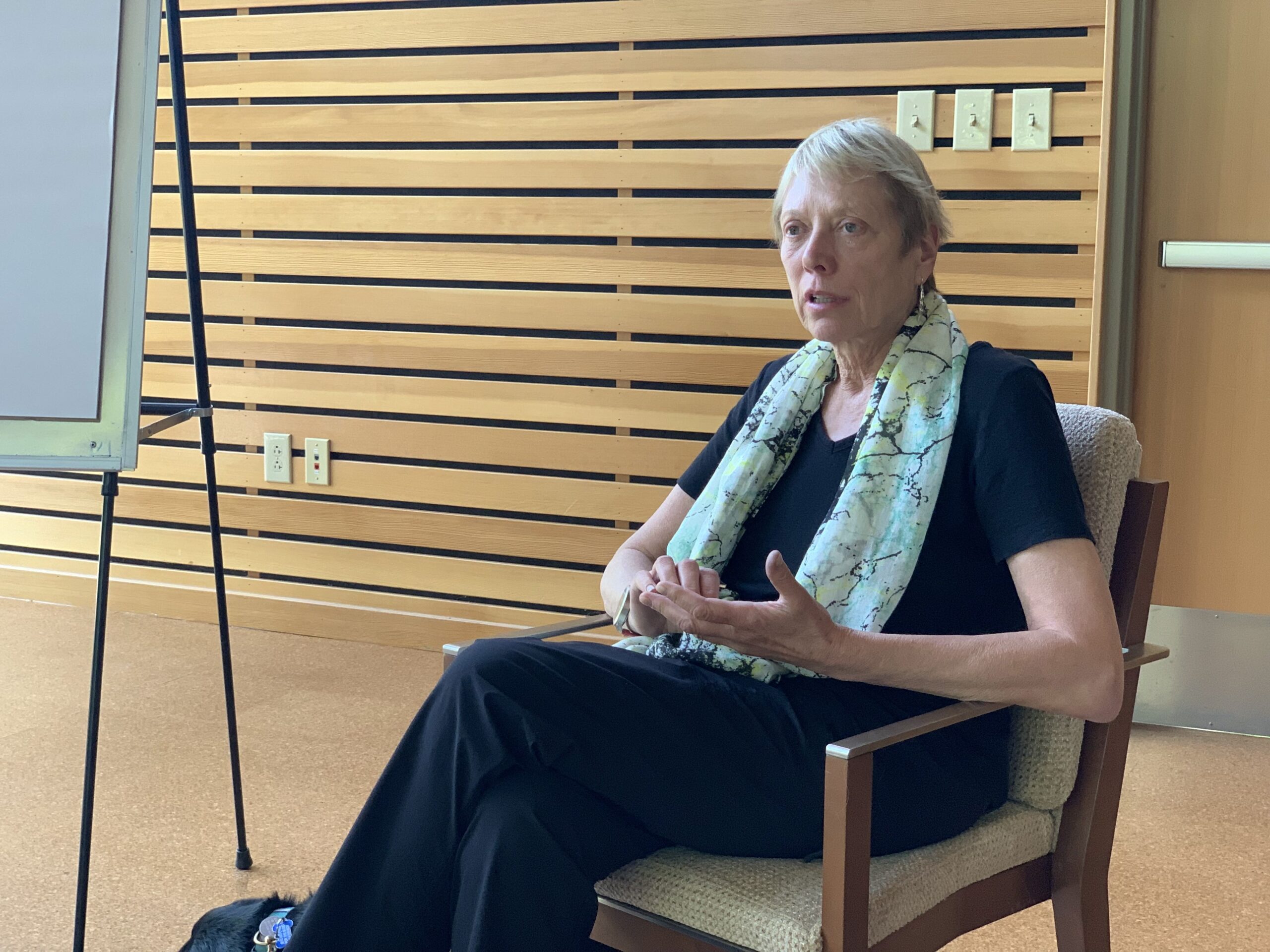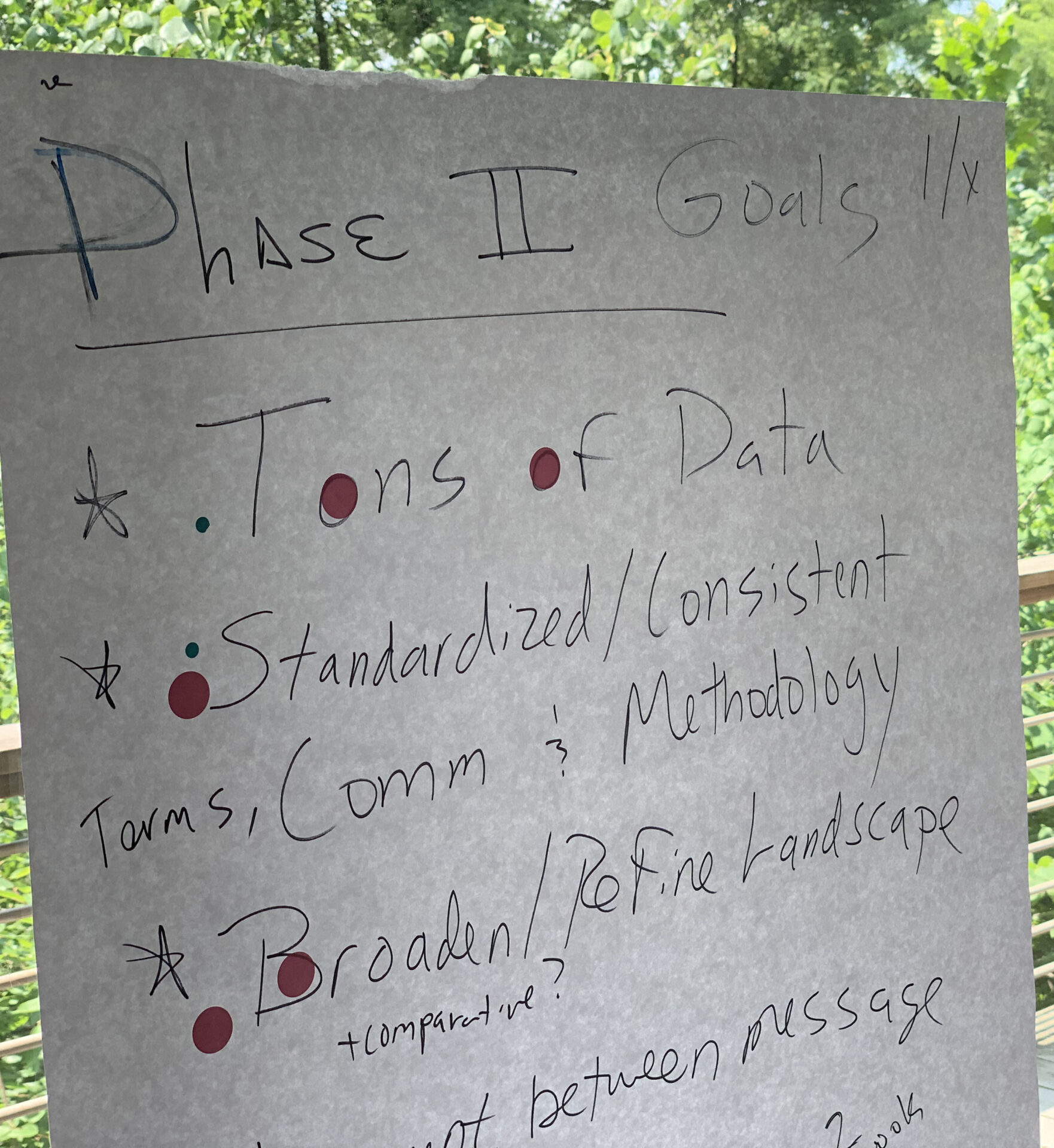The National Ethics Project (NEP) was initiated at the end of 2015 through a collaboration of the Association of Practical and Professional Ethics (APPE) and the Edmond & Lily Safra Center for Ethics at Harvard University. With endorsement from APPE and Harvard, Deni Elliott, representing the APPE Board of Directors, and Jess Miner, representing the Edmond & Lily Safra Center leadership team, began discussions of how we can best understand the role of ethics education in 21st Century U.S. institutions of higher education (IHE).

Prior to the National Ethics Project, there had been only one prior systematic study of IHE ethics: The Hastings Center Project on the Teaching of Ethics 1977-1980, co-directed by Sissela Bok and Daniel Callahan. That project resulted in the publication of 10 monographs and a collection of essays by task force members, Ethics Teaching in Higher Education (Bok & Callahan (eds) 1980).

With mentors Sissela Bok and Dennis Thompson, also an early leader in late 20th Century teaching and research in ethics, we recruited a multi-institutional, multi-disciplinary research team that included philosophers, psychologists, digital communication specialists, language specialists, and a cadre of undergraduate and graduate research assistants eager to help create and test new methodologies and tools. Our 8-year, mixed-methods project encompassed macro studies including the first full population study of ethics education in the >4,300 U.S. institutions of higher education (IHE) and comparative analyses of schools grouped by Carnegie Classification.
In-depth sample campus studies revealed the importance of institutional messaging aligned with intentional efforts to make ethical reasoning consistently available to students: in curriculum, throughout campus life and co-curricular activities. Alignment studies ultimately became an NEP priority. We studied how titles and course descriptions aligned with instructor intent. In ethics classes, we compared instructor intent with student’s perception of learning goals. We catalogued stated institutional values on IHE public-facing websites and looked for evidence that demonstrated how and where the school prioritized ethics for their faculty, students, and for decisions made in the name of the institution. We began with the ethical foundation that, minimally, IHE should do what they say they are doing.
Funders included the Spencer Foundation, Mellon Foundation, and the National Science Foundation along with significant financial and in-kind contributions from the Association for Practical and Professional Ethics, DePauw University, Harvard University, Stanford University, University of South Florida, and University of Texas-Austin.